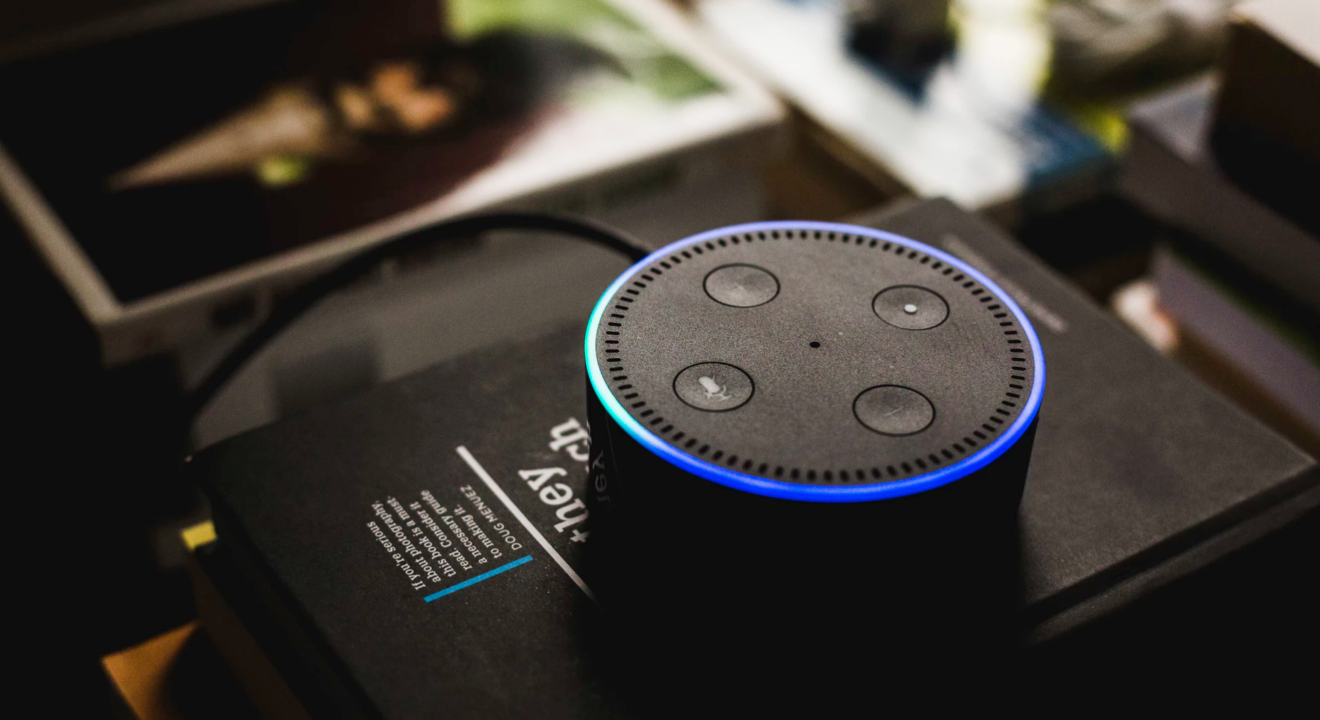Culture June 22, 2018
The future is here and it's horrifying.


Remember that late-night pizza you told Alexa to order? Well, so does she.
As it turns out, digital assistants may be taking more than just orders. Made with user efficiency in mind, “smart” digital assistants offer users cloud-based, voice-activated browsing, ordering and streaming, among other services.
As more gadgets provide built-in digital assistants, consumers become increasingly vulnerable to data security breaches. So while digital assistants may make users’ lives easier, it comes with a price.
In exchange for their assistance, intelligent digital assistants collect and store sensitive personal information.
Digital assistants are all around us. In our homes, cars, even in our pockets, smart devices are increasingly equipped with intelligent digital assistants that cater to our every need. However, hands-free capabilities require that smart assistants, such as Amazon Alexa, Siri and Google Home, are always on and always listening.
Cue the eerie music.
As prominent tech companies increasingly integrate artificial assistants into their products, the amount of eavesdropping devices grows. In the modern age, it is almost impossible to escape the reach of these all-hearing devices.
The question then becomes– what do large tech companies do with the hours of personal data collected and recorded on enabled devices?
According to an article in the New York Times, both Amazon and Google have submitted patents concerning the use of collected information.
In June of 2017, Amazon filed patents for “voice-sniffing” algorithms that identify marketable trigger words in voice recordings. The patents suggest that Amazon may eavesdrop on users for targeted advertising purposes in the future. While some consumers may find this convenient, others find it downright creepy.
Google has also filed patents for an algorithm with the ability to calculate the speaker’s mood through fluctuations in voice. By measuring speakers’ emotional disposition, Google can personalize content for each user.
In a statement to the New York Times, both Amazon and Google deny the use of personal information divulged in recorded conversation. However, should these patents be officially accepted, Amazon and Google will have means for continuous eavesdropping in the future.
These revelations should urge all who use digital assistants to consider their data safety and information security. If you’re unfazed by the thought of tech giants collecting voice recordings, search history, etc., no problem! If you take your data security and safety seriously, however, there are measures you can take to protect yourself from data security breaches.
One way you can protect yourself from spying devices is by managing your saved voice recordings. Both Amazon and Google allow users to delete voice recordings from saved history. While it’s unclear what happens to your data once it’s deleted from the cloud-service, deleting voice recordings may bring some much needed peace of mind.
And if you’re the anxious type, consider turning off your “smart” device during conversations involving sensitive information. “Smart” devices do have off buttons, after all!